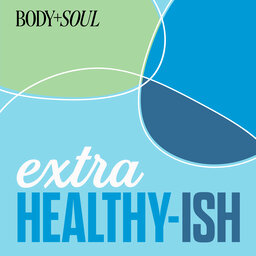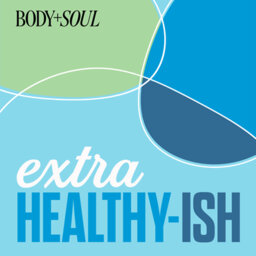Summer series: A neuroscientist on unlocking your brain’s potential to build intuition
To celebrate summer, we’re dropping the top episodes of 2024. Professor Joel Pearson’s lab was the first to develop a test to study intuition. The neuroscientist and psychologist discusses the science behind gut feelings and a toolkit for making better intuitive decisions.
WANT MORE FROM JOEL?
For more on Joel’s book The Intuition Toolkit (Simon & Schuster, $29.99) see here. You can find him @ProfJoelPearson or via his site here.
WANT MORE BODY + SOUL?
Online: Head to bodyandsoul.com.au for your daily digital dose of health and wellness.
On social: Via Instagram at @bodyandsoul_au or Facebook or TikTok here, or DM host Felicity Harley @felicityharley.
In 1 playlist(s)
Extra Healthy-ish
Extra Healthy-ish is the big sister podcast to Healthy-ish. Here you'll get extra bits from your fav…Social links
Follow podcast
Recent clips

Summer series: Athlete Bonnie Hancock was to pushed her limits, her grit is inspiring
17:51

Summer series: Lorna Jane's life lessons are utterly inspiring
19:19

Summer series: In the jungle, naked for 21 days - Alexa Towersey’s mental strength is inspiring
19:33
 Extra Healthy-ish
Extra Healthy-ish